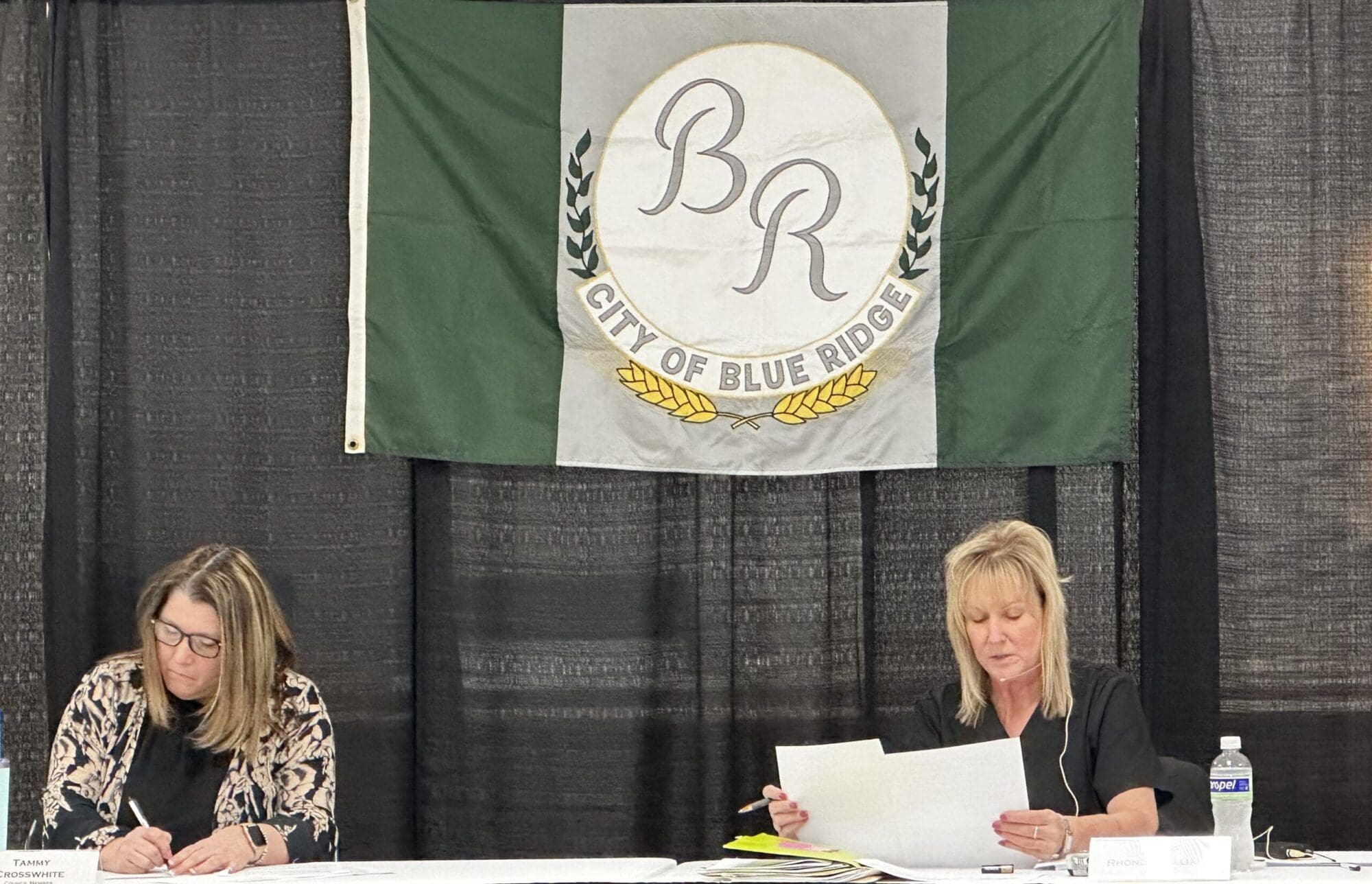Could Texas soon gain three new congressional seats?
That’s the prediction made by Fair Lines America, a nonpartisan organization that supports fair and legal redistricting efforts through education and legal defense.
Seats in the U.S. House of Representatives are capped at 435 total members. Every ten years, after the census has taken place, the seats allotted to each state are tweaked due to population changes. While most states retain the same number of congressional seats, some states with considerable population increases gain seats while others, whose population has either failed to keep up with the national growth rate or have declined, lose seats. This process is known as reapportionment.
According to Fair Lines’ forecast of the 2020 reapportionment, Texas is on track to gain three new seats in congress.
The population of Texas has grown by over 12% since the 2010 census as the Lone Star State has attracted newcomers from all over the country in search of employment and an increased standard of living.
The growth is part of a decades-long trend. After the 2010 census, Texas gained four seats bringing its total congressional delegation to 36.
How the opportunity will be seized is up to the state legislature. They have the responsibility of redistricting—the drawing of legislative districts. This process is inherently political. The majority party can draw competitive districts that will capitalize on the opportunity to send more of their own to Washington or squander it in favor of drawing “safe” districts for incumbent politicians of both parties.
Currently the Texas congressional delegation sits at 25 Republicans and 11 Democrats.
Increasing Texas’ congressional delegation has an additional effect. The number of votes a particular state receives in the Electoral College is based off of the number of congressmen and senators the state sends to DC.
Adding three additional electoral votes will increase Texas’ importance in presidential elections and presumably benefit Republican candidates, as the state has not voted for a Democrat presidential candidate in over forty years.






